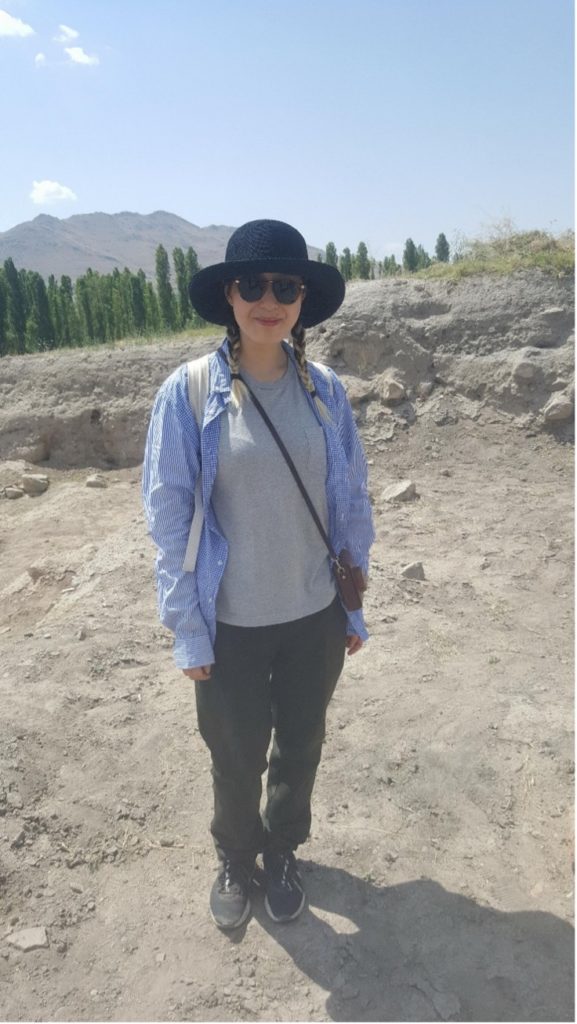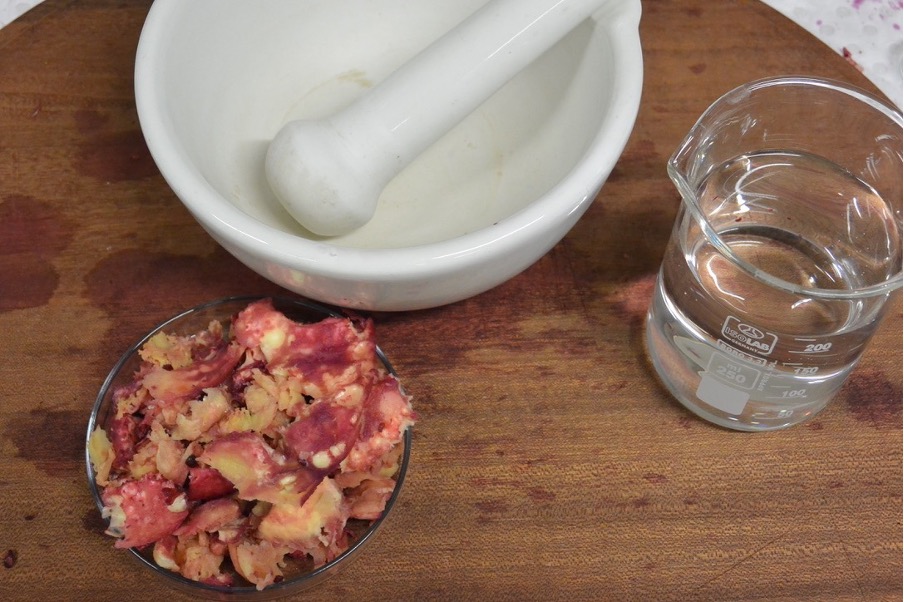Student Spotlight | 2020
Melody graduated with first class honours from the University of Queensland, studying a Bachelor of Arts, majoring in Archaeology and minoring in Ancient History.
During her undergraduate studies she gained experience in archaeobotany (the archaeological study of plants) through volunteering— working on assemblages from Neolithic Jordan, Australia, and Malaysia. She joined the archaeobotany team in excavations at Kaman-Kalehöyük in Turkey in 2018. She also interned with the R.D Milns Antiquities Museum in Italy on a fieldschool where she gained hands on experience handling, identifying and cataloguing ancient Roman pottery and glass.
Her interest in archaeobotany and ancient history came together in her Honours thesis — an interdisciplinary study on the archaeology of contraception in the Greco-Roman world. She conducted an archaeobotanical case study on contraceptive plant use in Soranus’ Gynaecology (early 2nd century AD).
For her:
“I was always curious about what ancient people used for contraception, or if they used any at all. Pregnancy and childbirth were extremely dangerous prior to modern medicine, and even today can be quite scary. As I researched, I found that scholars in the 90s already found long lists of plant, animal and mineral ingredients in historical sources which were used as oral or physical contraceptives as well as amulets. What struck me was that lots of these ingredients are what archaeologists often dig up in excavations (eg. pomegranates and fig) but no-one has thoroughly researched these ancient contraceptive practices from an archaeological point of view. I think it’s important to consider all possible uses of ancient plants that we find, especially medicinal uses of plants that today we only recognise as food. Androcentric bias often unintentionally colours interpretations of the past. My research explores an often overlooked, but nevertheless plausible type of ancient plant use.”
Melody recreated several of Soranus’ contraceptive recipes, taking note of all the by-products and waste products left behind during the process, and then investigated whether any of these could become clues to help other archaeologists figure out whether plant remains that they excavate might have been used for contraception and not just as food.
After graduation, apart from pursuing further study in archaeology, Melody would also like to complete a professional certification in English/Mandarin translation. She hopes to be able to translate archaeological papers, making research from different parts of the world is more readily available to scholars, students, and the public.





